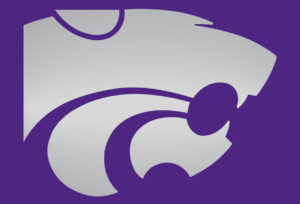Submitted by Christopher Petty
Grass Carp
Grass carp, a fish species native to Asia, feed on aquatic plants and filamentous algae. Grass carp are biological tools used to control nuisance growth. Grass carp stocked into Washington lakes must be certified disease-free and sterile. Fish farmers create sterile fish (called triploids because they have an extra set of chromosomes) by subjecting fish eggs to temperature or pressure shock. Testing verifies that grass carp are sterile. Lake managers use grass carp to control the excessive growth of aquatic plants. Grass carp exhibit definite food preferences and consume some aquatic plant species more readily than others. Grass carp may control filamentous algae, although filamentous algae is not a preferred food. Grass carp may eat aquatic plants before eating filamentous algae. Some reports indicate that adding grass carp to a lake may promote the growth of other algae.

Raking
Pond owners can remove filamentous algae from the water using a sturdy rake with a rope attached to the end. The operator throws the rake into the water and pulls the rake and filamentous algae to shore. Compost the algae and use it in the garden. Raking is effective for small areas of filamentous algae but is time consuming and labor intensive when controlling larger areas. In addition, filamentous algae grow back quickly and may move around the water body through wind and wave action. Sometimes raking becomes a never-ending chore during summer months. Also, raking cannot remove blue-green algae and many other types of algae.
For more information on pond weeds, join the K-State Research and Extension –Southwind District for an informational pond weed meeting at the Yeager Building, located on the Bourbon County fairgrounds, in Fort Scott, Kan. This meeting featuring K-State Research and Extension Wildlife Specialist Charlie Lee and sponsored by Miller Feed and Farm, will take place at 6 p.m. on Thursday June 8. A ten dollar registration fee, payable at the door will cover meals and materials. Please preregister for a meal by calling 620-223- 3720 or e-mailing Southwind Extension District Agent for Livestock Production and Forage Management Christopher Petty at [email protected].
